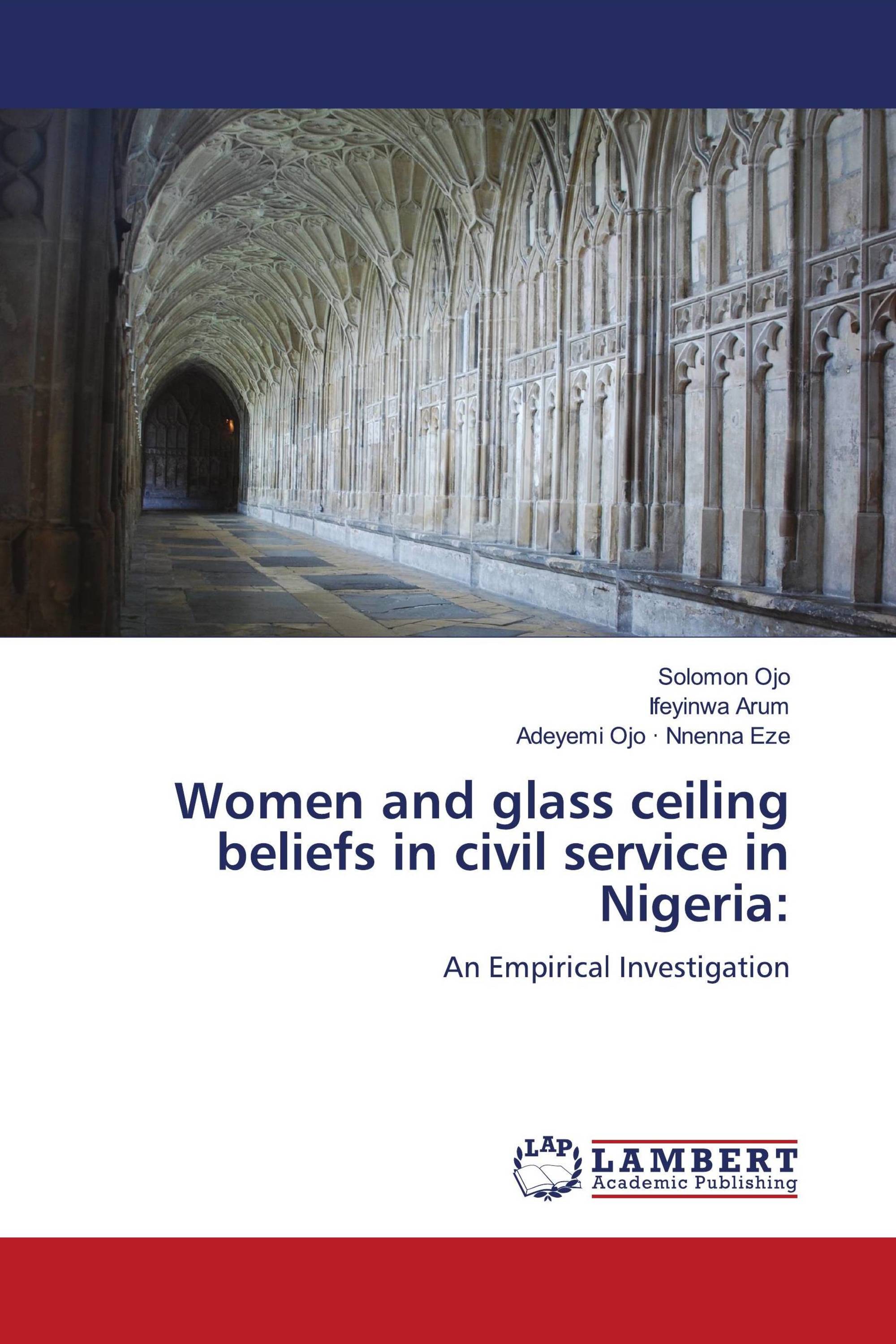The issue of glass ceiling beliefs has received much attention from scholars the world over. Essentially, according to Smith, Crittenden and Caputi, (2012), there is strong evidence of the under-representation of women in leadership positions in many countries such as Australia (Davidson, 2009; Maginn, 2010; Still, 2006), China (Tan, 2008), France (Barnet-Verzat and Wolff, 2008), South Africa (Booysen and Nkomo, 2010; Mathur-Helm, 2006), United Kingdom (Davidson, 2009; Thomson et al., 2008) and United States (Eagly and Carli, 2007; Fassinger, 2008 cited in Smith, Crittenden and Caputi, 2012). The glass ceiling metaphor is generally used to describe the obstacles and barriers negatively affecting women seeking promotions to the top levels of organizations (Burke and Vinnicombe, 2005; International Labour Office, 2004; McLeod, 2008 cited in Smith, Crittenden and Caputi, 2012). However, in this present study, effort was made to investigate glass ceiling beliefs in civil service in Nigeria empirically. The study was a survey in which Ex-post facto design was adopted. A total of 610 female civil servants took part in the study.
Book Details: |
|
|
ISBN-13: |
978-620-6-73901-2 |
|
ISBN-10: |
6206739015 |
|
EAN: |
9786206739012 |
|
Book language: |
English |
|
By (author) : |
Solomon Ojo |
|
Number of pages: |
60 |
|
Published on: |
2023-07-13 |
|
Category: |
Research on Woman and gender |
